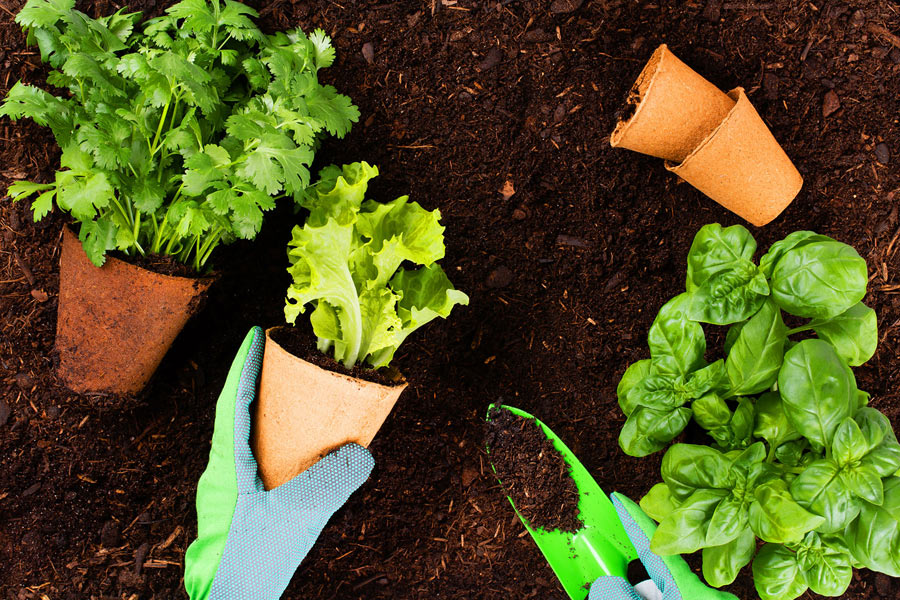Summer is a glorious time for gardeners. However, the sweltering heat and unpredictable weather can take a toll on your plants if your soil isn’t up to the challenge. Proper soil maintenance during these hot months is crucial for ensuring your garden thrives. So, let’s dive into some best practices for summer soil maintenance that will keep your ground fertile and your plants flourishing.
Soil Testing and Analysis
Importance of Soil Testing
First things first, if you haven’t tested your soil yet, it’s high time you did. Soil testing is like a health check-up for your garden. It tells you everything about nutrient levels, pH balance, and organic matter content. Knowing these details can guide you in making informed decisions to improve your soil’s health and, consequently, your plants’ well-being.
Interpreting Soil Test Results
Once you get your soil test results, don’t just stash them away in a drawer. Interpreting these results is crucial. Look for deficiencies or excesses in nutrients. A pH that’s too high or too low can lock up nutrients, making them unavailable to plants. Adjusting the pH to the optimal range (usually 6.0 to 7.0 for most plants) can make a significant difference. Your local extension service can help you understand the results and recommend the right amendments.
Soil Amendment Techniques
Organic Matter Addition
Adding organic matter is like giving your soil a spa treatment. Compost, well-rotted manure, and other organic materials improve soil structure, enhance nutrient availability, and boost water retention. During summer, these amendments help the soil stay cool and moist, which is essential for plant health. Spread a 2-3 inch layer of compost or manure over your garden beds and lightly work it into the topsoil.
Mulching Practices
Mulch is your garden’s best friend during summer. It conserves moisture, regulates soil temperature, and suppresses weeds. Organic mulches like straw, wood chips, and shredded leaves are excellent choices. Apply a 3-4 inch layer around your plants, but keep it a few inches away from the stems to prevent rot. Not only does mulch help your plants, but it also enriches the soil as it decomposes.
Watering Techniques for Soil Health
Deep Watering vs. Surface Irrigation
Watering correctly can make or break your garden in summer. Deep watering encourages roots to grow deeper into the soil, making plants more drought-resistant. Shallow, frequent watering, on the other hand, can lead to weak root systems. Use a soaker hose or drip irrigation to ensure water penetrates deeply into the soil. This method reduces runoff and ensures your plants get the hydration they need.
Water Conservation Strategies
Conserving water is not just good for the environment; it’s also good for your garden. Drip irrigation systems are incredibly efficient, delivering water directly to the plant roots with minimal waste. Rainwater harvesting is another fantastic strategy. Collecting and using rainwater not only saves water but also reduces your utility bills. Adjust your watering schedule based on the weather and the specific needs of your plants to avoid over or under-watering.
Soil Erosion Prevention
Cover Cropping and Planting Techniques
Preventing soil erosion is key to maintaining soil health. Cover crops like clover or vetch can help. They protect the soil from erosion, improve fertility, and add organic matter when tilled into the soil. Strategic plantings, such as staggered rows and ground covers, can also reduce erosion by slowing down water runoff and holding the soil in place.
Terracing and Contouring
For those gardening on slopes, terracing and contouring are lifesavers. These techniques help control water runoff and prevent soil erosion. Building terraces creates flat areas that can hold water and soil better. Contouring involves shaping the land to follow the natural topography, which helps in slowing down water flow and allowing it to soak into the soil. Implementing these methods can drastically improve your soil’s resilience against erosion.
Integrated Pest Management (IPM) for Soil Health
Beneficial Soil Organisms
Healthy soil teems with life, and these organisms are vital for soil health. Earthworms, beneficial nematodes, and mycorrhizal fungi improve soil structure, nutrient availability, and plant health. Encourage these organisms by avoiding chemical pesticides and incorporating plenty of organic matter. These allies help keep your soil fertile and your plants healthy.
Natural Pest Control Methods
Using natural pest control methods helps maintain the ecological balance in your garden. Companion planting, where certain plants are grown together to deter pests, is effective and eco-friendly. For instance, marigolds can repel nematodes, while basil can ward off aphids. Biological control agents like ladybugs and predatory beetles can keep pest populations in check without harmful chemicals.
Monitoring and Maintenance
Regular Soil Inspection
Regularly inspect your soil for signs of nutrient deficiencies, compaction, and pH imbalances. Look for symptoms like yellowing leaves, stunted growth, or poor drainage. Early detection allows for timely intervention. If you spot issues, take corrective measures such as adjusting pH, aerating compacted soil, or adding specific nutrients.
Conclusion
Summer soil maintenance is about being proactive and attentive. By testing your soil, amending it with organic matter, practicing efficient watering, preventing erosion, and encouraging beneficial organisms, you can ensure your garden thrives even in the heat. Remember, a healthy garden starts with healthy soil. So, implement these best practices and enjoy a lush, vibrant garden all summer long. Happy gardening!



